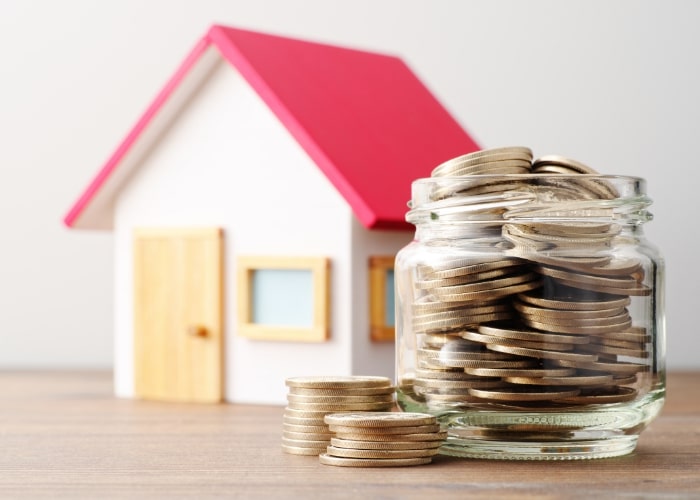MADRID – Between January and September last year, more than €39billion from Spanish households did not end up in the economy. But remained in bank accounts, according to a calculation by the Banco de España.
As salaries of Spaniards generally fell less sharply than consumption of goods and services, more and more money was deposited in Spanish banks. This excess liquidity appeared to be beneficial for the banks. However, it is not because they have to pay 0.5% to deposit this money at the European Central Bank (ECB).
“Forced accumulated savings”
According to the recently published report “Savings of Spanish households during the pandemic and its possible consequences for consumer behavior in the future,” various government regulations have prevented most consumers from losing much of their income. Furthermore, the uncertainty associated with the health and economic crisis has simultaneously led to a drastic decline in consumption, according to the report. The Banco de España calls this phenomenon “forced accumulated savings” and amounts to about 2.5% of gross domestic product (GDP).
Not all Spanish households savings will return to the economy
This cautious consumer behaviour will continue in the near future as there is persistent uncertainty about income and job retention. In the report, the Banco de España states that as the vaccination campaign progresses, part of the savings will return to the economic market. However, this will remain relatively limited. Because the so-called marginal consumption ratio (the ratio between the increase in income and the increase in consumption) is lower for the higher incomes. And, on the other hand, the lower incomes have no savings to spend. Therefore some of the money saved will not return in economics. Moreover, further reasons for the money remaining in the banks, the report notes consumers’ fears of a future tax hike. This could be due to the accumulated government debt during the corona crisis. And also, the realisation that when something extraordinary happens, you better have some savings to overcome the situation.


